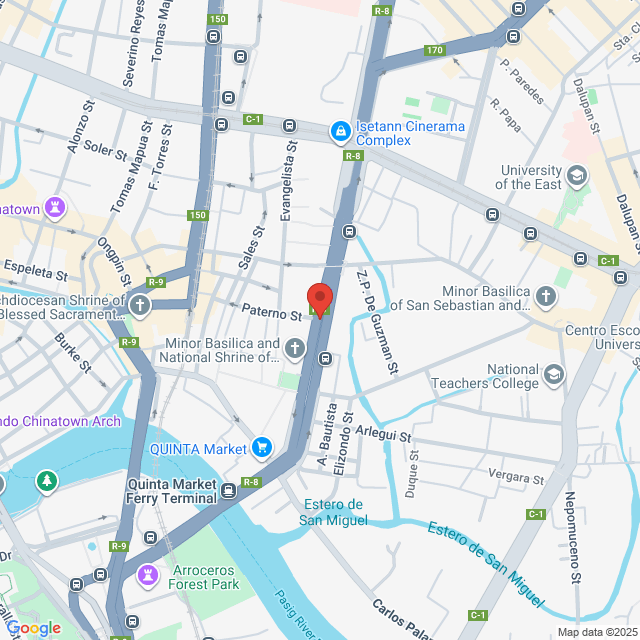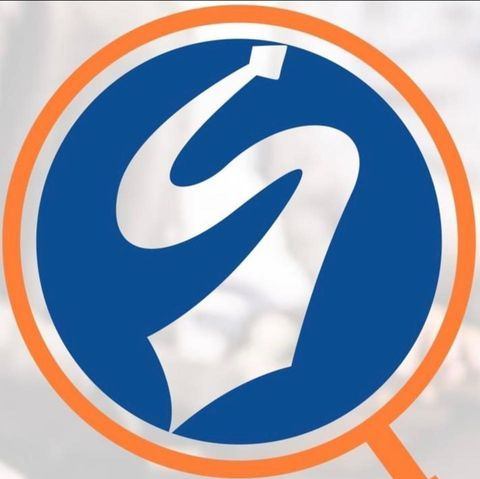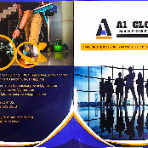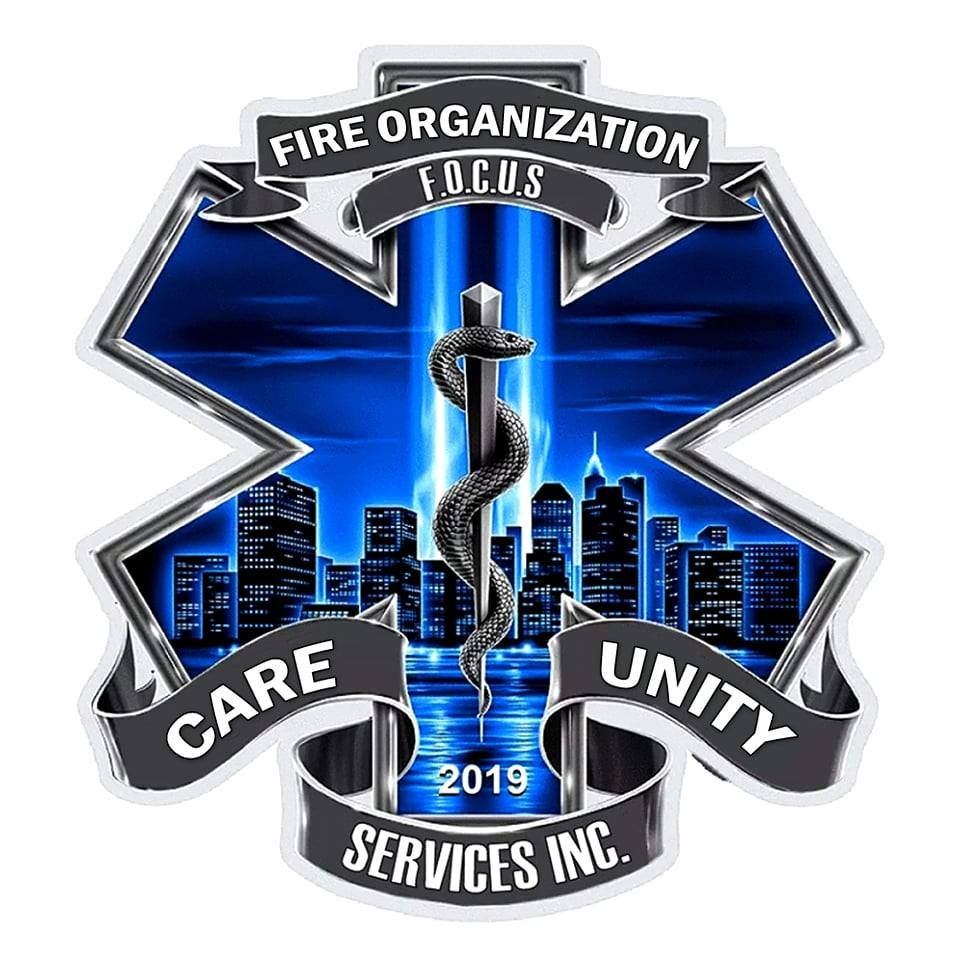Oncall Emergency Medical Responder
Focus Ambulance Services
職位描述
The On-Call Emergency Medical Responder (EMR) is responsible for providing immediate medical assistance in emergency situations. This role involves responding to emergencies, performing initial assessments, providing life-saving interventions, and assisting with patient transport. The ideal candidate will have a strong understanding of emergency medical protocols, be able to make quick decisions under pressure, and remain calm and compassionate in high-stress situations.
Key Responsibilities:
- Respond to Emergency Calls: Immediately respond to emergency calls or incidents within the specified geographic area.
- Provide Medical Assistance: Assess patients’ medical conditions and provide appropriate first aid or emergency care based on EMR protocols and training.
- Stabilize Patients: Administer basic medical care such as CPR, bandaging, splinting, and wound care to stabilize patients before further medical intervention or transport.
- Collaborate with Other Healthcare Providers: Work closely with paramedics, EMTs, and medical teams to ensure proper care and timely transport to medical facilities.
- Transport Patients: Safely transport patients to medical facilities as needed, ensuring their safety and comfort during transit.
- Maintain Equipment: Ensure that all emergency medical equipment, supplies, and vehicles are maintained and fully stocked.
- Document Patient Care: Accurately document all care provided, patient condition, and any relevant observations in compliance with legal and organizational requirements.
- Adhere to Safety Protocols: Follow all safety and infection control protocols to prevent injury or harm to patients, colleagues, and self.
- Participate in Training: Attend required training and drills to stay up-to-date with the latest emergency medical procedures and regulations.
- Certification: Valid certification as an Emergency Medical Responder (EMR) or equivalent recognized certification.
- Experience: Previous experience in an emergency response, healthcare, or first responder role is preferred but not required.
- Knowledge: Knowledge of basic life-saving techniques (CPR, first aid, etc.), emergency medical equipment, and patient transport procedures.
- Physical Requirements: Ability to lift, move, or assist patients as needed. Must be physically fit to handle emergency situations, including lifting and carrying heavy objects.
- Communication Skills: Excellent verbal communication skills for providing clear instructions and gathering necessary information during emergencies.
- Availability: Flexibility to be on-call, including evenings, weekends, and holidays, as required.
Physical Requirements:
- Ability to stand, bend, kneel, and lift patients or equipment in emergency settings.
- Ability to remain calm and focused in high-stress, high-pressure situations.
- Ability to work in challenging outdoor or indoor environments (e.g., during adverse weather, in confined spaces, etc.).
Villarosa Leomar
OwnerFocus Ambulance Services
工作地址
Manila,Manila,Philippines

發布於 07 January 2025
猜你想看
查看更多Medical Representative/ Fieldwork
 Synlink Recruitment Outsourcing Co. Inc.
Synlink Recruitment Outsourcing Co. Inc.HK$2-2.6K[月薪]
现场办公 - 拉斯皮納斯<1 年經驗專科全職

Paglinawan RachelHR Officer
Emergency Medical Responder
 Pristine Energy Transfer Corporation
Pristine Energy Transfer CorporationHK$2.6-3.3K[月薪]
现场办公 - 達義1-3 年經驗高中全職

CRISOSTOMO MARY ANNHR Officer
First aider
 TBS Industrial Services Incorporated
TBS Industrial Services IncorporatedHK$2-2.6K[月薪]
现场办公 - 奎松市<1 年經驗專科契約工

Montero TBS HR NicoleHR
Emergency Medical Responder
 Dempsey Resource Management Inc.
Dempsey Resource Management Inc.HK$2.6-3.3K[月薪]
现场办公 - 馬卡蒂1-3 年經驗本科全職

Dempsey HR VilmaTalent Acquisition Manager
Ambulance Nurse
 A1 Globus Manpower Inc.
A1 Globus Manpower Inc.HK$2-2.6K[月薪]
现场办公 - 奎松市應屆畢業生/學生專科全職

Manpower Inc A1 GlobusHR Specialist

